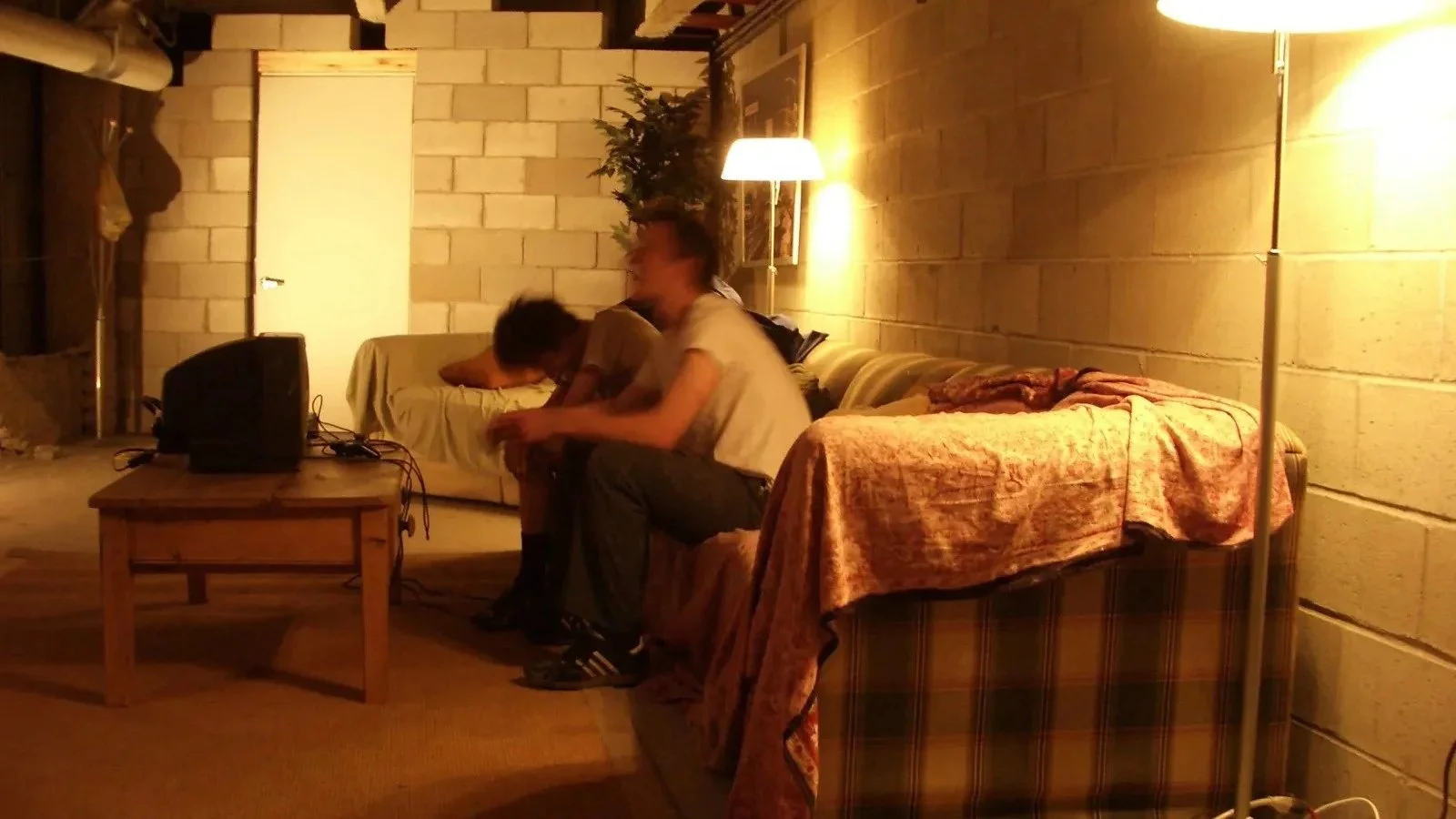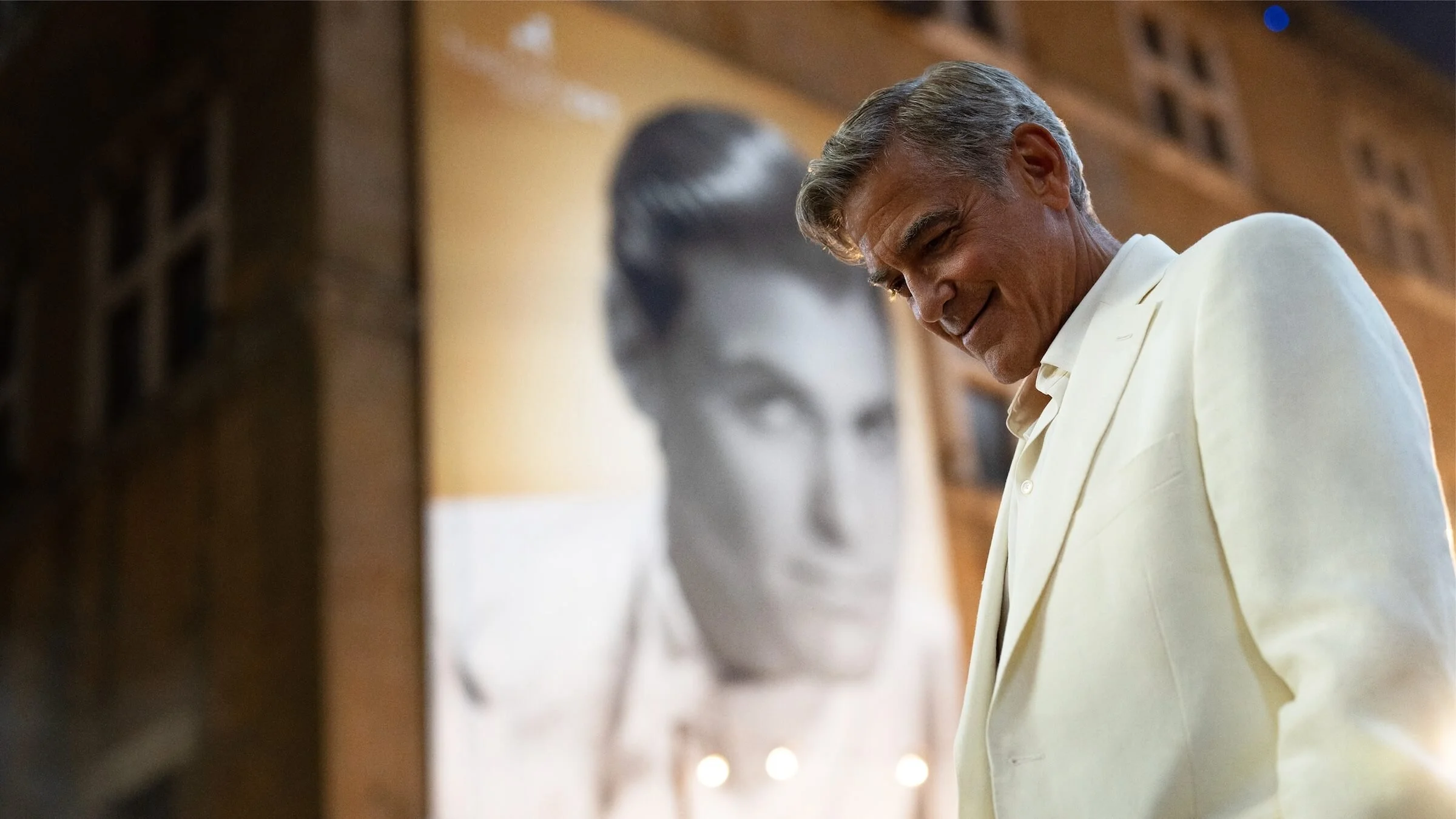Review: North West Mounted Police (1940)
It’s never wise to approach a Cecil B. DeMille historical epic with the expectation of historical fidelity. For one reason, most cinema is terrible at historical accuracy—we tend to fail at visualizing the past as something distinct from our own era. Another, more specific, reason is that DeMille, who is best known for the biblical epic, The Ten Commandments (1956), is not interested in historical storytelling for the sake of the history; rather, he uses history as a canvas for cinematic spectacle with a tinge of moral instruction. So, it should come as no surprise that DeMille’s 1940 picture North West Mounted Police, which tells the story of a Texas Ranger caught up in the North-West Rebellion of 1885 in Canada, is not historically accurate. However, DeMille’s picture is sadly not too compelling even when discounting its many inaccuracies. What’s interesting is that a bit more historical specificity would probably help to clarify the film’s protagonist and provide a more compelling antagonist. In other words, this is a case in which greater historical concern and accuracy would benefit the classical storytelling.
The film stars classic Western star Gary Cooper (High Noon) as Texas Ranger Dusty Rivers (what a name!) who is tracking a Métis whisky runner named Jacques Corbeau across the 29th Parallel into the Canadian Territories. (In 1885, Saskatchewan had not become a province yet, and the entirety of Western Canada was known as the Northwest Territories). Cooper took the role only to allow original star Joel McCrea to feature in Alfred Hitchcock’s Foreign Correspondent, and you can sense his disinterest in the performance. While he’s still striking in the Technicolor cinematography, with his intense blue eyes and lankly cowpoke demeanour, he’s also noticeably adrift in a role that is ostensibly the lead but is more useful as an American window onto a distinctly Canadian conflict.
As Dusty tracks Corbeau to Fort Carlton in Western Canada, he finds himself in the midst of an uprising fomented by the Métis, a mixed race people of Indigenous and French descent. In reality, this was the North-West Rebellion (or Resistance, depending on one’s point of view), where Louis Riel and Gabriel Dumont named a provisional government of Saskatchewan in order to argue for land claim rights and force the Canadian federal government to the bargaining table. The recently-created North West Mounted Police and a Canadian militia, partially transported from Ontario by the new Canadian Pacific Railway (incomplete at the time), decisively put down the rebellion at the Métis settlement of Batoche and eventually hung Riel for treason. However, in the film, the political motivation for the rebellion is sublimated by Courbeau’s various machinations.
In the film, Corbeau is a dastardly whiskey runner, supplying illegal whiskey to the local Indigenous tribes by smuggling it across the Canadian-American border (this was a lucrative black market at the time, and one the Mounties were in part created to stamp out). In the opening scene, Corbeau convinces the exiled Louis Riel (living in Montana) to return to Canada to lead the Métis, but it’s quickly established that Corbeau has no genuine interest in the politics of rebellion. Rather, he wants to gain economic control over the territories so he can flood them with whiskey. DeMille and his writers, working off a 1938 novel, The Royal Canadian Mounted Police, are rather disinterested in the rebellion as a real political confrontation based on conflicting aspirations for the Canadian West. That’s fine as far as Hollywood storytelling is concerned, but the replacement shrinks the conflict to the matter of a bad man tricking a bunch of poor people to fight the police. DeMille and his writers are deflating the epic potential. It is especially disappointing as Corbeau is such a cartoonish villain, boasting of his illegal trade, openly mocking his Indigenous compatriots, and laughing in glee as he unleashes the “hard medicine” of the Gatling gun he stole from a federal shipment.
The film uses the North-West Rebellion mostly as table setting for this straightforward Western scenario of the cop in pursuit of the crook. It also doesn’t help that Dusty mostly disappears into the background once he’s in Canada. DeMille’s focus largely shifts to that of Ronnie Logan (Robert Preston), a local North West Mounted Police officer in love with a mixed race girl, Louvette (Paulette Goddard), who happens to be Corbeau’s daughter. Ronnie is torn by his professional duty to the North West Mounted Police and his love of the irascible Louvette. Such emotional tension is far more compelling than following Dusty’s lawman who is a fish-out-of-water; there’s genuine stakes here as Ronnie’s decisions can impact the rebellion.
This romantic focus is also quintessential DeMille as Louvette is the kind of impulsive, alluring, irrepressibly sexual female lead that DeMille loves to have in his pictures. DeMille is a prurient filmmaker who would often use the moral framing of his biblical films to licence the sensational and lurid content; Claudette Colbert’s Empress Poppaea’s milk baths in The Sign of the Cross (1932) or the lusty machinations of Anne Baxter’s Nefretiri in The Ten Commandments, with her see-through outfits, come to mind as the most famous examples of this character type in DeMille’s films. Louvette fits right alongside them as something of a sexual dynamo. However, she’s more noble than Poppaea or Nefretiri, even if she is constantly operating through subterfuge in trying to permanently win Ronnie to her side. Goddard’s put-on French Canadian accent is ridiculous, as are her outfits, but she’s irrepressibly dynamic and interesting to watch. Ronnie and Louvette are the true heart of the film, where the emotional tension truly pays dividends.
Eventually, their secret romance leads Ronnie to leave his post, which precipitates the important early rebel victory at Duck Lake. The Battle of Duck Lake is the film’s primary achievement in spectacle. DeMille was talented at wrangling massive casts to carry out his spectacular visions on screen. In this battle, where the rebels ambush the North West Mounted Police with a Gatling gun, is truly invigorating, with deep planes of action across the frame and a palpable scale of performers and destruction on screen. When viewed from the cinematic landscape of 2025, where most large-scale on-screen battles consist of CGI characters fighting each other, it’s nothing short of marvellous to witness hundreds of real people acting out a battle on real sets on screen.
Credit is due to DeMille in these moments, where North West Mounted Police achieves the kind of spectacle that made his name in Hollywood history. In fact, DeMille’s predilection for playing with history to amplify spectacle does him well. For instance, the film presents Corbeau’s Gatling gun as essential to the Métis victory, which gives the North West Mounted Police something of an underdog status in the conflict. However, in reality the Canadian federal forces used a Gatling gun to pressure Dumont’s surrender, mounted it on a steamship on the Saskatchewan River to assault Batoche by water. DeMille understands how to frame a battle to maximize both tension and spectacle.
But the film’s inability to clarify its focus, or provide a compelling dramatic tension when following Dusty Rivers and Jacques Corbeau, ultimately sinks the film. A compelling antagonist or antihero is already present in the film in the form of Louis Riel, but even if DeMille had never wanted to take that angle (it’s too much to assume the Métis would be the heroes of the narrative in a 1940 Hollywood film), he could have leaned on the historical episode to clarify his narrative issues and to increase the epic scale. As it stands, North West Mounted Police is most notable for being DeMille’s first Technicolor epic, and most memorable as the rare old Hollywood classic that was set in the Great White North, even if it had little interest in its Canadian setting or history.
5 out of 10
North West Mounted Police (1940, USA)
Directed by Cecil B. DeMille; written by Alan Le May, Jesse Lasky Jr., C. Gardner Sullivan, based on The Royal Canadian Mounted Police by R. C. Fetherstonhaugh; starring Gary Cooper, Madeleine Carroll, Paulette Goddard, Preston Foster, Robert Preston, Akim Tamiroff, Lon Chaney Jr.



Joe Carnahan’s cop thriller starring Matt Damon and Ben Affleck is an enjoyable whodunnit.